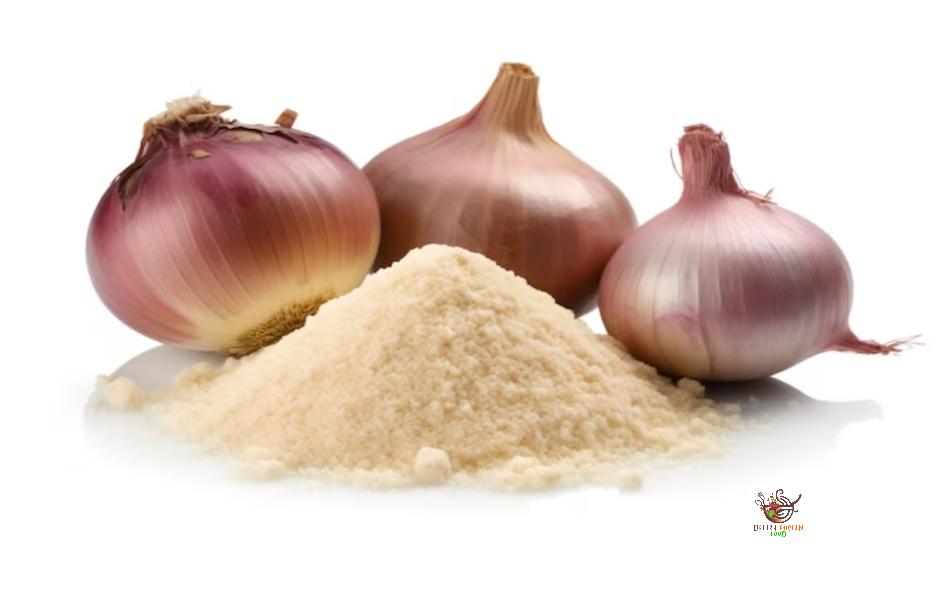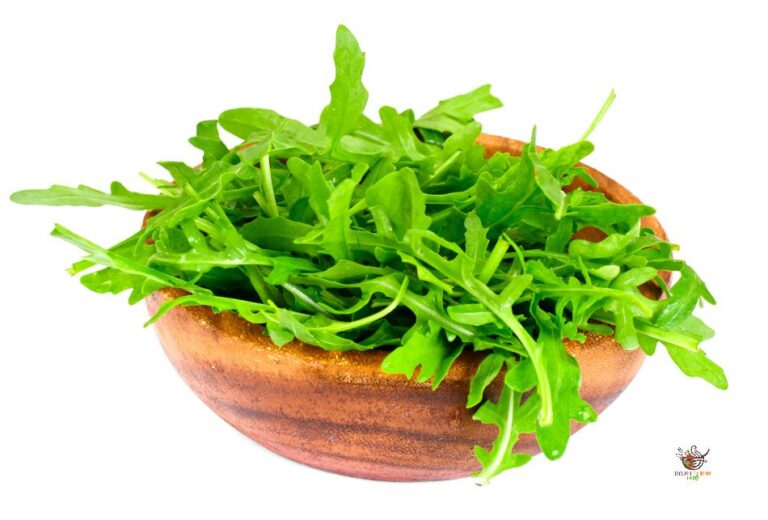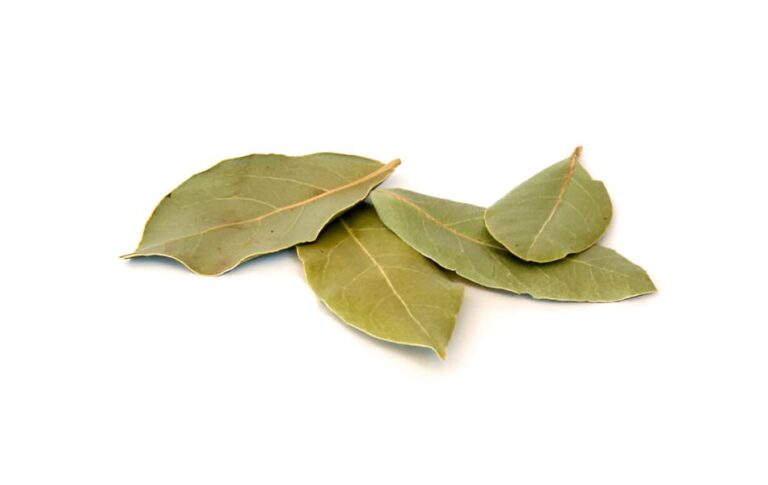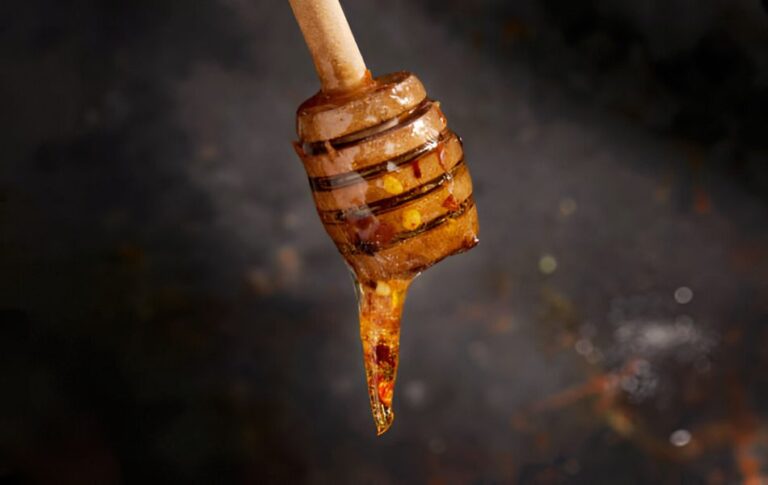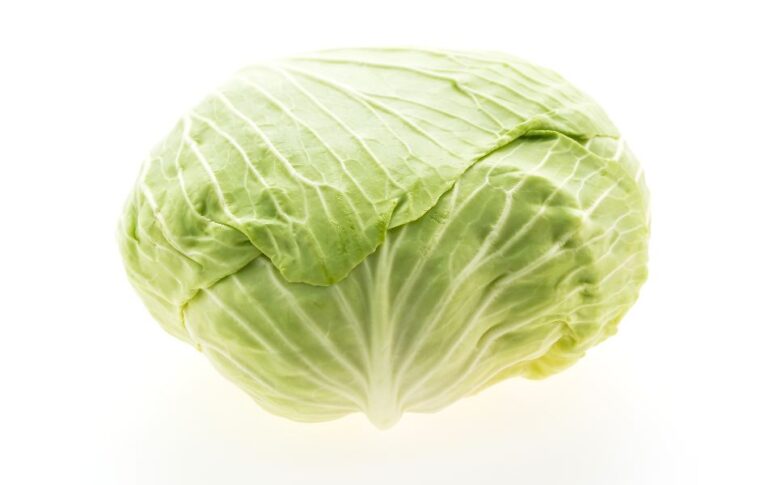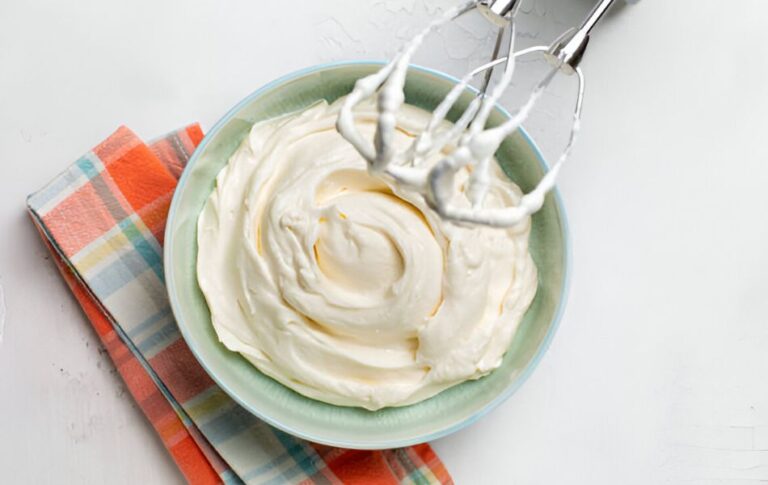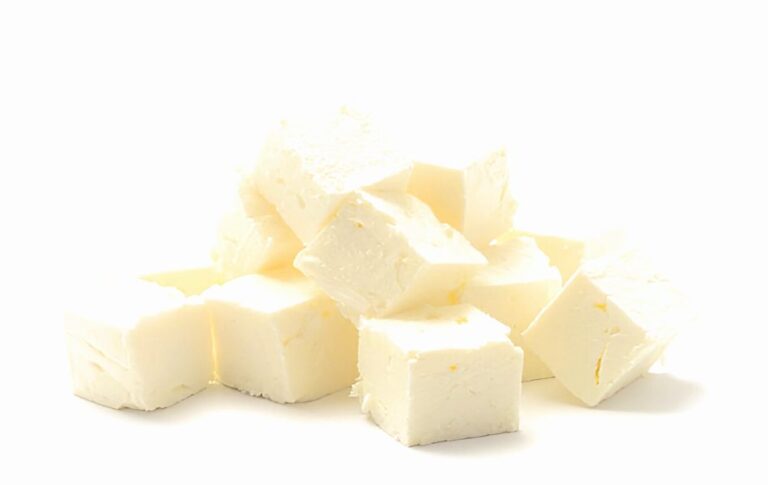Finding the Perfect Substitute for Onion Powder: 14 Options
If you find yourself in a recipe that requires onion powder but doesn’t have any on hand, don’t worry! Onion powder, with its distinct savory flavor derived from dried and ground onions, is a versatile seasoning often utilized in various dishes. While it’s challenging to replicate its unique taste entirely, there are alternatives you can use.
While it’s difficult to find a perfect replacement for onion powder, if you have the opportunity, it’s best to purchase some from the store. However, if you’re in the midst of a recipe and unable to go shopping, we understand. Here’s an alternative that may suffice as a substitute for onion powder.
What is Onion Powder?
Onion powder is a spice made from dried onions that are finely ground into powder form. It’s commonly used in cooking to give dishes a savory, slightly sweet flavor and smell. It’s a handy ingredient when you don’t want to use fresh onions because it doesn’t have the strong smell or texture of fresh onions.
Understanding the Flavor and Uses of Onion Powder
Onion powder, known for its distinct onion flavor, offers a milder alternative to fresh onions. It retains the essence and sweetness of onions but lacks their sharpness and moisture content. This makes it a preferred choice in recipes where you desire onion flavor without the texture and pungency of fresh onions.
Moreover, its powdered form provides convenience in cooking as it can be easily sprinkled into dishes without the need for chopping or handling whole onions. While it serves as a convenient substitute in various recipes, some dishes like French onion soup or onion rings still require the authentic texture and taste of fresh onions.
Nutritional Value of Onion Powder
Onion powder may be small in size, but it’s big in flavor and even offers some nutritional benefits. In just one tablespoon or approximately 6.9 grams of onion powder, you’ll find about 23.5 kilocalories of energy. Additionally, it contains 5.46 grams of carbohydrates and 1.05 grams of fiber. In terms of minerals, onion powder provides small amounts of calcium (26.5 mg), magnesium (7.8 mg), phosphorus (22.2 mg), and potassium (68 mg). It also contains sodium (5.04 mg). Furthermore, onion powder offers a modest vitamin C (1.62 mg) and vitamin K (0.283 µg), contributing to overall immune function and blood clotting regulation.
Substitutes for Onion Powder/ Best Onion Powder Substitutes
1. Fresh Onion Instead of Onion Powder
Yes, you can substitute fresh onion for onion powder. But it depends on the recipe. If the recipe needs dryness, like in meat rubs or popcorn seasoning, stick to onion powder for the right texture. In recipes where a chunk of onion might not work, like in ranch dressing, onion powder is better for a smoother texture. For dishes like pasta sauce or roasted veggies, fresh onion works fine. Just remember to adjust for texture and moisture. To replace onion powder with fresh onion, use about half a cup of finely diced onion for every tablespoon of onion powder.
2. Onion Flakes or Dehydrated Onion
Onion flakes are a great flavor substitute for onion powder because they come from dehydrated onions, just like onion powder. Even though they’re bigger and not as smooth as onion powder, when you cook them in hot dishes, they quickly melt.
To achieve a finer texture similar to onion powder, you can grind onion flakes using various kitchen tools such as a mortar and pestle, blender, food processor, spice grinder, or coffee grinder.
When substituting onion flakes for onion powder, maintain a 1:1 ratio without adjusting the quantity. However, be mindful that onion flakes may absorb more liquid during cooking due to their larger size, necessitating occasional checks and potential adjustments to the dish’s moisture levels.
3. Dried Minced Onion
Dried minced onion, similar to onion flakes, is dehydrated onion that has been finely chopped to maintain its flavor and color. The main difference is its smaller size compared to onion flakes, making it more convenient for use in various dishes.
When replacing onion powder with dried minced onion, stick to the same ratio as onion flakes. Additionally, you can transform it into a powder using common kitchen appliances.
Ideal for enhancing the flavor of dips, sauces, casseroles, stews, soups, and salads.
4. Onion Salt
Onion salt is a mixture of onion powder and salt, occasionally with parsley flecks. It serves as a suitable replacement for onion powder, but exercise caution due to its salt content. Adjust your dish’s overall salt quantity accordingly. When seasoning dishes like raw meat or eggs, such as in a roast chicken recipe, reduce the salt by half and use an equal amount of onion salt as specified for onion powder in the recipe.
5. Granulated Onion
Granulated onion is quite similar to onion powder. Both are processed similarly and offer comparable flavors, making granulated onion a reliable alternative to onion powder. The key contrast lies in their texture: granulated onion is slightly coarser than onion powder but finer than minced onion or whole onion flakes. Due to this coarser texture, you’ll need to use a bit more granulated onion than onion powder. A good rule of thumb is to use two tablespoons of granulated onion for every tablespoon of onion powder.
6. Onion Paste
You might not be familiar with onion paste, but it’s a handy ingredient. It’s simply onions that have been pureed. You can find it in stores or make it at home with just an onion. Peel the onion, then put it in a blender or food processor. Blend until it’s smooth and looks like a paste.
Store the onion paste in a sealed jar in the fridge for a week or freeze it for longer. Freeze in ice cube trays, then use one cube for each recipe needing onion paste. Use 2-3 times more onion paste than onion powder in recipes.
7. Garlic Powder
Garlic powder is commonly found in recipes alongside onions or onion powder. While not the ideal substitute, it offers a similar and complementary flavor profile to onion powder. It contributes a garlicky taste with a savory undertone, providing depth to the dish and the characteristic pungency associated with onions.
However, it’s important not to use garlic powder as a 1:1 substitute, as it has a more potent taste and a stronger bite than onion powder. To account for this, reduce the amount by half when using garlic powder as a replacement.
8. Garlic Salt
Garlic salt, like onion salt, is a blend of garlic powder and salt. Hence, it serves as a substitute for onion powder. Follow the same approach as with garlic powder and onion salt. Start by using half the quantity of garlic salt and exclude any extra salt mentioned in the recipe. Remember, you can add more if necessary, but you can’t take it out once it’s added.
9. Green Onions
Green onions, also known as spring onions or scallions, are great fresh options instead of onion powder. They work well raw or cooked and can be added to various recipes.
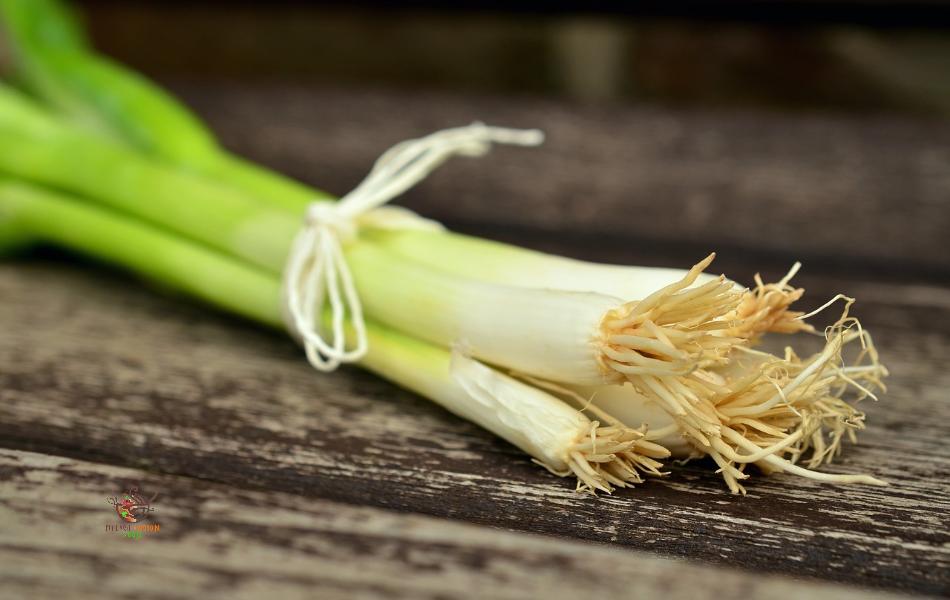
While you can use the green leaves and the white bulbs, I recommend using the bulb for a stronger onion taste. Green onions are like baby onions, so they’re milder than onion powder. When substituting for onion powder in recipes, use three to four times more green onions to get a similar flavor.
Remember, green onions don’t stay fresh for long, so only buy what you need to avoid waste.
10. Shallots
Shallots are like a mix of garlic and onion with a bit of sweetness. Chop them finely before using them instead of onion powder. Since they’re milder, you’ll need to use more shallots. Replace one tablespoon of onion powder with two tablespoons of chopped shallots.
11. Chopped Chives
Chopped chives can’t replace onion powder in dry spice blends or recipes needing a dry spice. However, they’re a good option if you need a hint of onion flavor. They work well in cooked dishes, dips, or salad dressings. Remember, chopped chives are chunky and green, so only use them if they fit the recipe’s style.
12. Leeks
If you don’t have chives or scallions, leeks can be a suitable alternative because they belong to the onion family. They share a mild and sweet taste with their relatives. However, incorporating them into dishes might be challenging due to their broader and sturdier structure. Nevertheless, you can easily use them in stews and soups. Treat leeks similarly to scallions and chives in soups, sauces, marinades, and wet rubs.
13. Celery Seed
Celery seed can be a surprising but effective substitute for onion powder. It has a similar aroma and flavor, though not as strong. You can use it whole or grind it for smoother dishes like soups. Use it in a 1:1 ratio with onion powder, or adjust it to your liking.
14. Onion Powder Homemade
Making your onion powder at home is a great way to get a substitute that’s as close to the real deal as possible. Plus, homemade onion powder is fresher, giving you plenty of that authentic onion taste. Don’t worry if it seems daunting at first – the process is quite simple and can be followed by everyone.
To get started, you’ll need special equipment like a dehydrator to dry fresh onions faster. However, if you don’t have one, your oven can do the job effectively, just like a dehydrator would.
- Start by washing and peeling the onions to remove any dirt.
- Thinly slice the onions.
- Arrange the slices on dehydrator trays, ensuring proper airflow between them.
- Dehydrate at 100-110°F for 12 hours to several days, or bake in a conventional oven at 140°F until crunchy.
- Check for dryness by ensuring the slices snap in half rather than bend.
- Once dry, grind the onions into powder form.
- Store the onion powder in an airtight container to maintain freshness.
Reasons for Seeking an Onion Powder Substitute
- Allergic reactions or intolerances to onions
- Lack of availability of onion powder
- Requirement for a low FODMAP diet
- The desire for a different flavor profile
- Adherence to dietary or religious restrictions
Tips for Substituting Onion Powder
- Check substitute ingredients and adjust seasonings like salt to balance flavors.
- Opt for powder or puree for consistent texture.
- Adjust the quantity of fresh ingredients, which are typically 2-3 times less intense than powdered alternatives, according to taste preferences.
- Explore additional flavors in certain substitutes for onion powder; for instance, leeks offer a slightly sweet taste, while fennel boasts an anise flavor profile.
See Also – 8 Best Scallion Substitutes
If you’re out of onion powder, don’t worry! You can use alternatives like fresh onions, garlic powder, or green onions. These options offer different flavors but still work well in recipes. Just give them a try and adjust as needed for tasty results!

